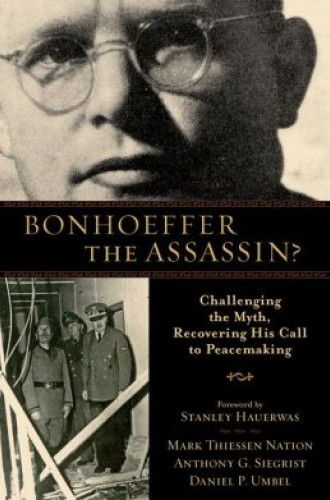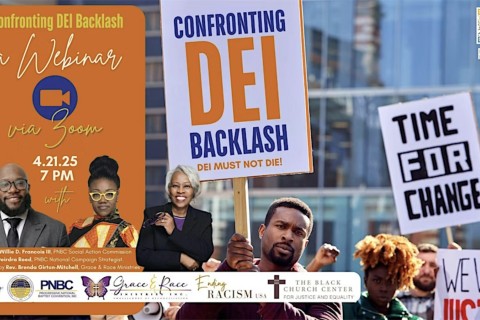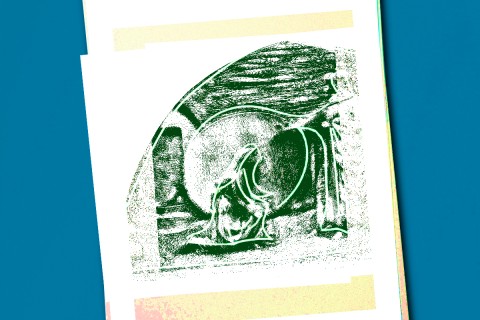Bonhoeffer the Assassin? by Mark Thiessen Nation, Anthony G. Siegrist and Daniel P. Umbel
All Bonhoeffer scholarship recognizes the importance of Bonhoeffer’s commitment to peace as well as his advocacy for nonviolence. Some scholarship goes further, arguing that nonviolence was an enduring and overriding commitment for Bonhoeffer that trumped all other commitments through the end of his life. This strand of Bonhoeffer interpretation tends to come from those sympathetic to the Anabaptist and Mennonite traditions, which judge nonviolence and pacifism as central to the faith. This book by Mark Thiessen Nation of Eastern Mennonite Seminary and two of his former students belongs in this tradition of Bonhoeffer interpretation. Its best-known advocate, Stanley Hauerwas, contributes a foreword.
Nonviolent Bonhoeffer interpretation faces two challenges. The first is to answer the question of Bonhoeffer’s participation in the early 1940s in a resistance movement that included some who conspired to kill Hitler and overthrow the Third Reich. The second is crafting an account of Bonhoeffer’s thinking as a whole that reconciles his clear articulations of nonviolence in the 1930s with earlier and later writings that are not as clear on nonviolence and can even be interpreted as condoning violence in certain very restricted cases.
Read our latest issue or browse back issues.
Hauerwas’s work on Bonhoeffer has addressed only the second of these challenges at any length. Nation and his coauthors take both of them head on, devoting a part of the book to each, but I will focus on the first one. The authors make the novel argument that “there is no evidence” that Bonhoeffer was involved in plots to kill Hitler and that “there is no real evidence” that he affirmed the killing of Hitler. This argument, which boils down to a handful of argumentative moves in the third chapter of the book, is unpersuasive.
My first task, though, is to set aside the provocative (some would say misleading) use of the word assassin. In Bonhoeffer and resistance scholarship, a myth of Bonhoeffer the assassin does not exist. Despite the authors’ erroneous attribution of such a myth to Larry Rasmussen in his Dietrich Bonhoeffer: Reality and Resistance, no scholars claim that Bonhoeffer was an assassin or seriously considered becoming one.
What scholars have argued is that the resistance movement in which Bonhoeffer participated planned for the killing of Hitler, and did so with Bonhoeffer’s approval. Nation and his coauthors argue against this position by relying on some of Sabine Dramm’s conclusions in Dietrich Bonhoeffer and the Resistance (2005) while rejecting others. Dramm contends that Bonhoeffer’s part in “conspiratorial resistance activities” was slight, “a modest balance sheet of operational steps, specific missions, and factual results.” The authors use this circumspect conclusion to argue against scholars who have assigned to Bonhoeffer a more central role in the resistance conspiracy. This move is not as revolutionary as the authors make it out to be, however. Dramm’s book is a synopsis that presents the scholarly consensus on Bonhoeffer and the resistance. Nation and his coauthors simply use Dramm’s recent scholarship to correct and update older scholarship, such as Eberhard Bethge’s biography of Bonhoeffer, originally published in 1967, and Larry Rasmussen’s previously mentioned book, published in 1972.
What really matters is the point at which the authors reject Dramm’s conclusions. In one instance they challenge her claim that Bonhoeffer provided “intellectual pastoral care” to those more central to the conspiracy. The authors’ response:
But let’s be clear. We do not really know what Bonhoeffer said in these conversations. To truly know, in any meaningful sense, we would have to have the context for each given conversation—knowing the nature of the subject matter, the occasion for the conversation, Bonhoeffer’s tone of voice and facial expressions, the nature of the person with whom he was speaking, and the nature of their relationship. These are the sorts of factors we would need to know. . . . We simply don’t have that information.
The authors do not challenge Dramm with specific historical evidence or with alternative interpretations of evidence. Rather they elevate the standard necessary for historical knowledge to a level that would undermine much of the work we conventionally call history. The authors do not force all historical evidence to clear this high bar; adopting this standard in general would invalidate a great number of the authors’ own statements in the book. The historical evidence that receives this level of scrutiny is only that concerned with Bonhoeffer’s participation in resistance.
In another instance, the authors resist Dramm’s position that Bonhoeffer supported killing Hitler. One of several sources for Dramm’s claim is Bethge’s report of an incident in his biography of Bonhoeffer. Bethge passes along his firsthand account of Bonhoeffer’s statement that “if it fell to him to carry out the deed” of killing Hitler as part of a coup d’état, “he was prepared to do so.” Bethge immediately notes that this “was a theoretical statement, of course, since Bonhoeffer knew nothing about guns or explosives.” However, this report is important not only because it directly challenges the authors’ claim that Bonhoeffer did not support attempts on Hitler’s life, but also because it meets the exceptionally high standard for historical evidence the authors at one point invoke.
It is hard to imagine a piece of historical evidence that could more exactly match that standard than this account from Bonhoeffer’s close friend Bethge, who was himself imprisoned for his role in the conspiracy. But the authors sidestep this as well—again, not with specific evidence but with a general point, this time about the unreliability of memory: Bethge was “drawing on decades-old memories” and “memory perhaps is not always accurate.” Again this is special pleading; the authors take recourse to skepticism regarding memory, but only when dealing with evidence related to Bonhoeffer’s resistance activities.
Nation and his coauthors have not provided persuasive reasons for modifying Dramm’s position in favor of their own. It may be that the authors are right. It may be that Bonhoeffer was even less involved than Dramm portrays. But if the authors are to demonstrate this, and indeed if this strand of Bonhoeffer scholarship is to be taken seriously, the historical evidence will need to be handled more persuasively.







